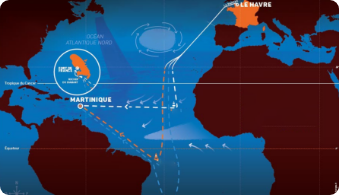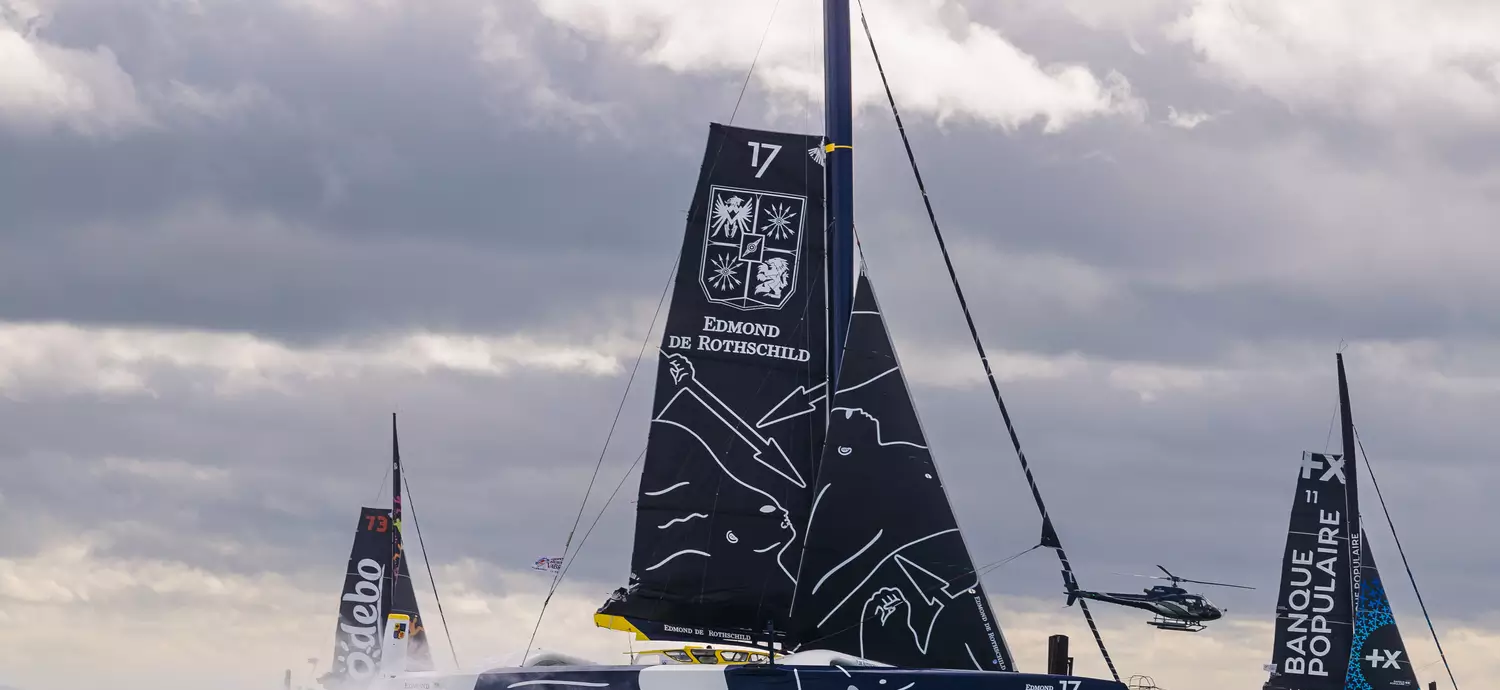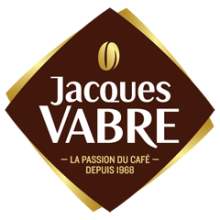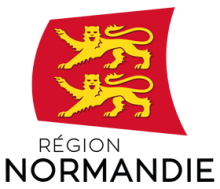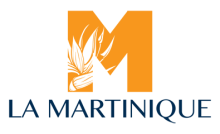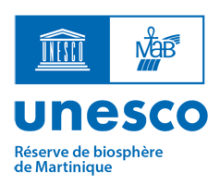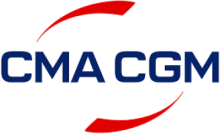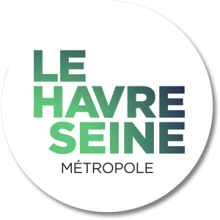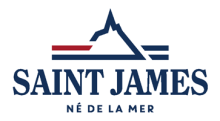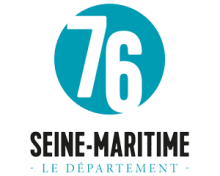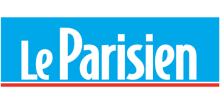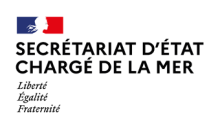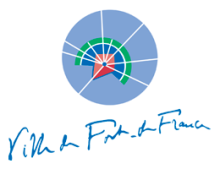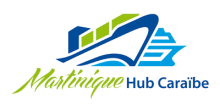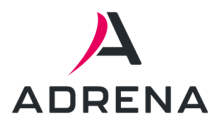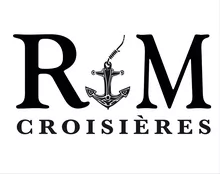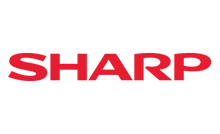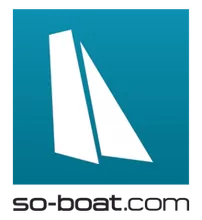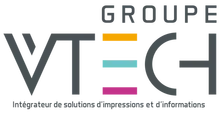Instead the duos are permanently connected to their own routing ‘cells’, small teams of weather and successful offshore navigation experts. Usually they share a house or office and are armed with the fullest possible range of weather information, routing and weather modelling packages, served by super fast internet. Now the top teams have almost real time telemetry with the boats so they can fully evaluate all the performance and weather changes all the time. As one expert says ‘all you don’t have is the motion of the boat.’
Even for the best ULTIM skippers the key decisions are largely taken on shore by the routing teams who have all the data and information at their fingertips, but presented to the on board duos who will accept but query the choices or the timing of their execution.
One of the most successful routers and weather experts is Dutch ace Marcel van Triest who has worked with most of the big teams over the years, most notably with Banque Populaire with whom he is working again. Whilst some teams may have a cell of two to four experts working, Van Triest works solo, from his home in Mallorca. He has five Ocean Races or Whitbread Races under his belt, and most recently contributed to Ocean Race wins for 11th Hour Racing and Dongfeng.
In the Maxi Edmond de Rothschild corner this time two times Ocean Race winner Simon Fisher, SiFi, is experiencing life on the routing team for the first time. As Erwan Israel – who is normally on the routing team – is on the boat this time – they recruited the British navigator who is working alongside Erwan Tabarly in a house in Lorient, supported by American meteorologist Chris Bedford who works from home in the US.
Fisher, who competed on the 2021 race with Justine Mettraux but had to retire into Spain after their mast fell down, says he is really enjoying the dry land experience, “This time it is very satisfying to be able to just focus on the navigational aspects and the weather and watch the weather play out in real time, and have all your energies entirely focused on this. I worked a lot with Chris Bedford on The Ocean Race and indeed before with Marcel it is always brilliant. But on departure day it stops. You are on your own. It is nice to be able to work like this in this collaborative environment.”
The routing teams usually have a constant chat running on Telegram and/or WhatsApp, Fisher explains, “We use Telegram. One of the nice things is you can see the train of information and go back and refer to things from before, and you can see the train of thoughts. Phone calls you are trying to answer quickly. If the guys need to call they do. Our role is to make their life as easy as possible.”
“ Loosely, we try to run a watch so there is always someone looking at the screen. And when there is something tricky or you are looking to make a big call, then it tends to be everyone collaborating. And when they are bombing along in a straight line we can take a rest. But it good because when you are doing it all on a boat it can be very isolating to work with other people and throw ideas around.” explains Fisher
And their decision making is maybe a little more organic, “ It is an ongoing chat, everyone looks at the weather and the route and gives their feelings. And we communicate with the boat, what our best thinking is. Usually someone is on watch and does the principal comms with the boat and the others are working in the background or resting. We focus on different areas.”
And he is thriving on the intensity, the purity of the role, “ It is trying to do the role of the navigator but on shore. We have a live feed from the boat with Adrena and Expedition in as near real time as if you were sitting there on the boat at the nav station. You have all these tools. And the difference is you pretty much have unlimited bandwidth and you don’t have to stop the job to go on deck and sail the boat every so often. You can study the options so much more.”
But, he reflects, “The one thing for me is not feeling how hard or easy it is, literally under your bum, but having to recalibrate to not having any feeling for how things are going on the boat, how easy or hard it is to be sailing the boat at that time. It always helps when you are trying to make the optimum decision or seeing how things are going just by being on deck and sailing the boat for a bit. Being disconnected from that feels slightly strange, instead looking at the instruments 24/7 and trying to get a feel for it from the comfort of the house….and then you see the videos of them charging along in 40kts of breeze and you are like….’ooo errrr.’”
Staying in synch
Van Triest, who is highly sought after for oceanic speed record attempts, explain how important it is to stay in synch with his skippers, especially In tune with their energy levels: “ They are double handed now but for the round the world race (Ed note: solo round the world Ultim race starts in January) we will need some kind of code system where we can capture in a number how fresh he is – if you will – how urgent it is he gets some rest. You always have to be careful of that. It is not a video game. You cannot just push, push, push because then you don’t get to the other side, you can’t burn the guy out. The Route du Rhum is single handed and you are looking to (him) leaving with a full charged battery and the objective is to get to the other side with a completely empty battery. You cannot recharge. If you decharge it too quickly you are out of battery with two days to go. You have to be very careful when you ask for the extra thing. These boats are hard to manoeuvre. You cannot say ‘let’s do two little tacks here’. A tack is a major. It is a major. You have to lift foils and drop them down. It takes 20 minutes and the probably the heartbeat to 180 something like that, so you have to be careful to conserve the energy. You try to make the energy fairly simple if you can.”
And the decision making process seems to vary from team to team, Van Triest says, “Armel is fairly low demand compared to some, and I have worked with most of them. I just tell him where to go more or less. He knows me well. He knows I have done my homework. Sometimes he will question something. Mostly I am making decisions, like leaving Madeira to port is something I mentioned to him on Sunday afternoon. He knew it was coming, I gave him the arguments, I tell him I think we should do this because of duh, duh, duh and duh and he says ‘OK’…..That’s it. I’ve got a low stress level. I have a non moving seat, I have four big computer screens, (but I only have two eyes, laughs) I do this every day. I can’t be too far away because I need glasses now. He is happy to just delegate the decisions. We have worked together a lot, I have all the resources and he basically trusts me. He does not think that on board he can do better. What he can do on board is say ‘we can’t quite make that layline’ because of the sea state, things like that I can’t see or feel.”
And the feeling of ‘racing’ the other routing teams on shore can be stimulating, indeed Van Triest and Fisher are regular rivals on the water at grand prix maxi events, SiFi says, “sure…..sometimes you are wondering ‘ I wonder what Marcel is thinking? What is he planning? Absolutely you think about it …And Marcel is the best at this sort of work.”
The Dutch ace explains his view, “. You do watch closely what the others are doing. You are not on your own. You try create a little leverage here and there, certainly it is not like on a record attempt where you just do what you think is best. Now you are looking at risk:reward. If they keep going straight what can we lose, what can we win? That is different to doing a record attempt.”
Addictive
The level of technology and not least the availability of higher speed on board internet has enhanced their game, and – Van Triest notes – the addictive nature of constantly analysing data and watching how strategies play out minute by minute, exactly as if he were on board. He says, “Technology is pretty big now. Now it really is like being on the boat. I have real time data off the boat and really it is like sitting at a big nav station on the boat. It is pretty addictive, very addictive. And I have the bandwidth to have satellite pictures, all kinds of stuff, and make my vision of what is going to happen with this little cloud over here, that could there…..what is going to happen, I have the data and then see how It plays out, if my idea was right. It is a great combination of being on shore and being on the boat.”
And he derives satisfaction from the game as much as the result, “I like the chess game. It is a chess game on a planetary scale with boats that really show the results. Because with these boats getting it right and getting It wrong is big, 100 miles is nothing, it is not like in the old days of the lead mines when you got ten knots in any direction in any windspeed. Then it was difficult to make an interesting move. In these boats you are never safe from losing your lead again. That is what is interesting. They are fantastic boats.”
But, they both agree they miss the ‘real thing’.....to different degrees
“Yes. I do.” Smiles Van Triest, “Not all the time. Right now I (when Banque Populaire is doing 30kts in the trade winds,) I miss it, when they are in the trade winds! But I did the Fastnet on board and it was terrible at times, terrible (laughs)!!”
Fisher concludes, “ I am pretty happy to be here, but there are the pangs of wanting to be out there. That is such a great experience but this is a great race. And last time we did not get very far and broke our masts…..so this is very much unfinished business. I’d love to be back.”





